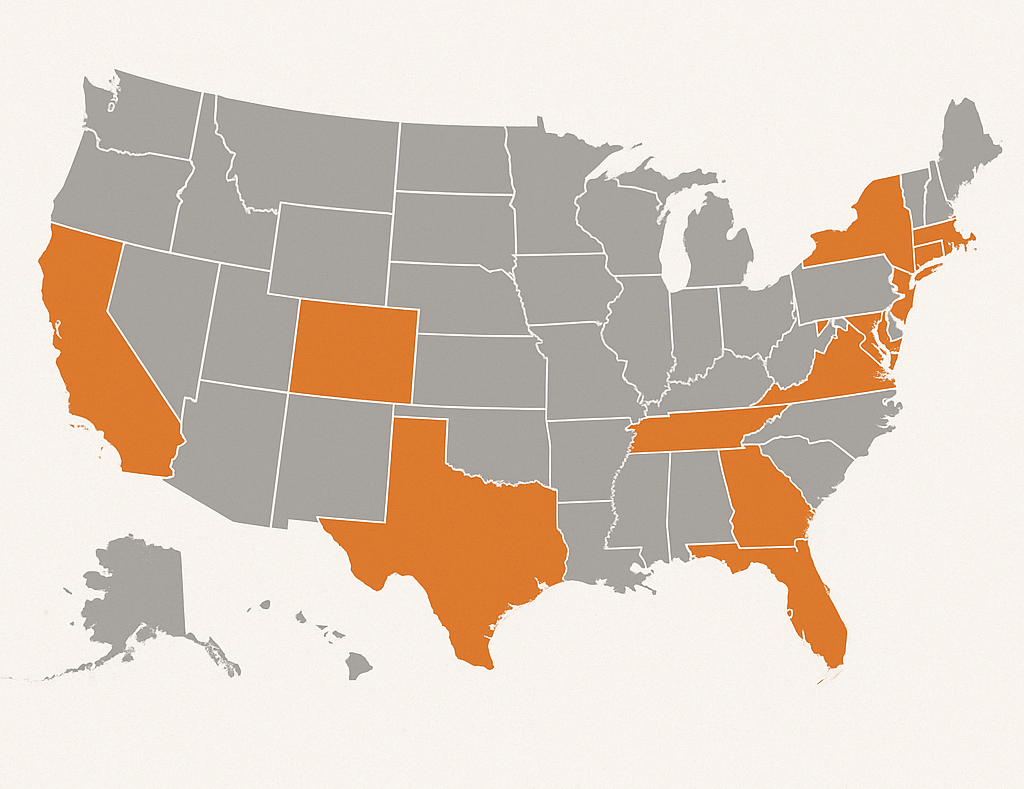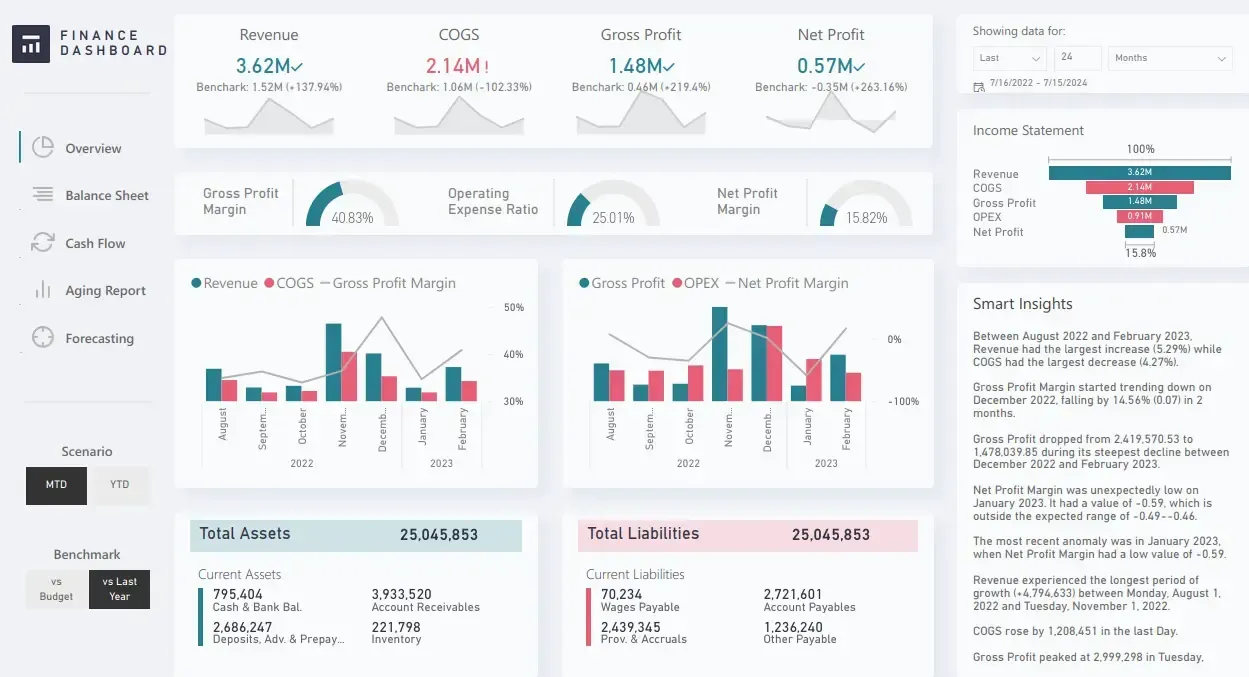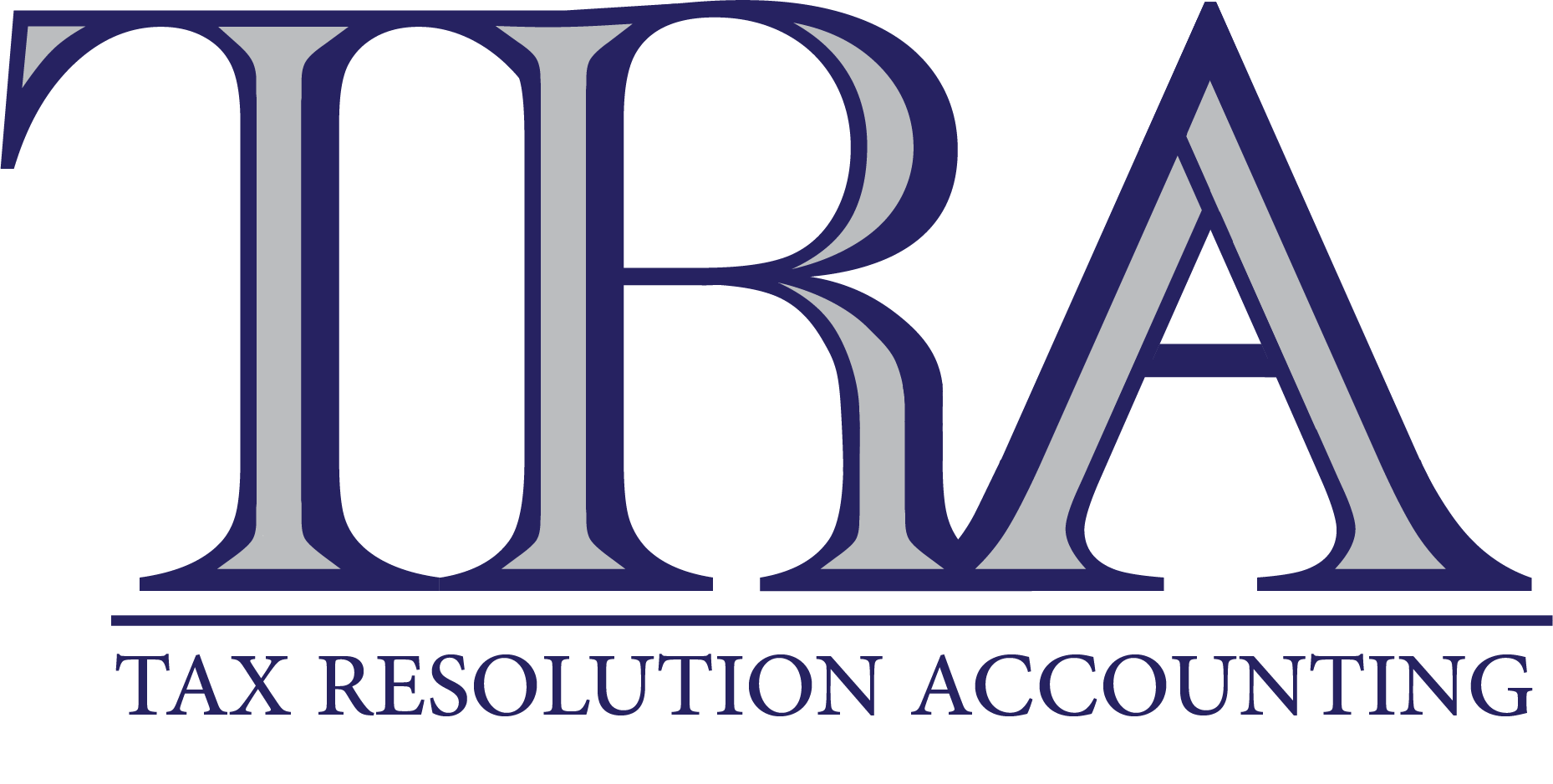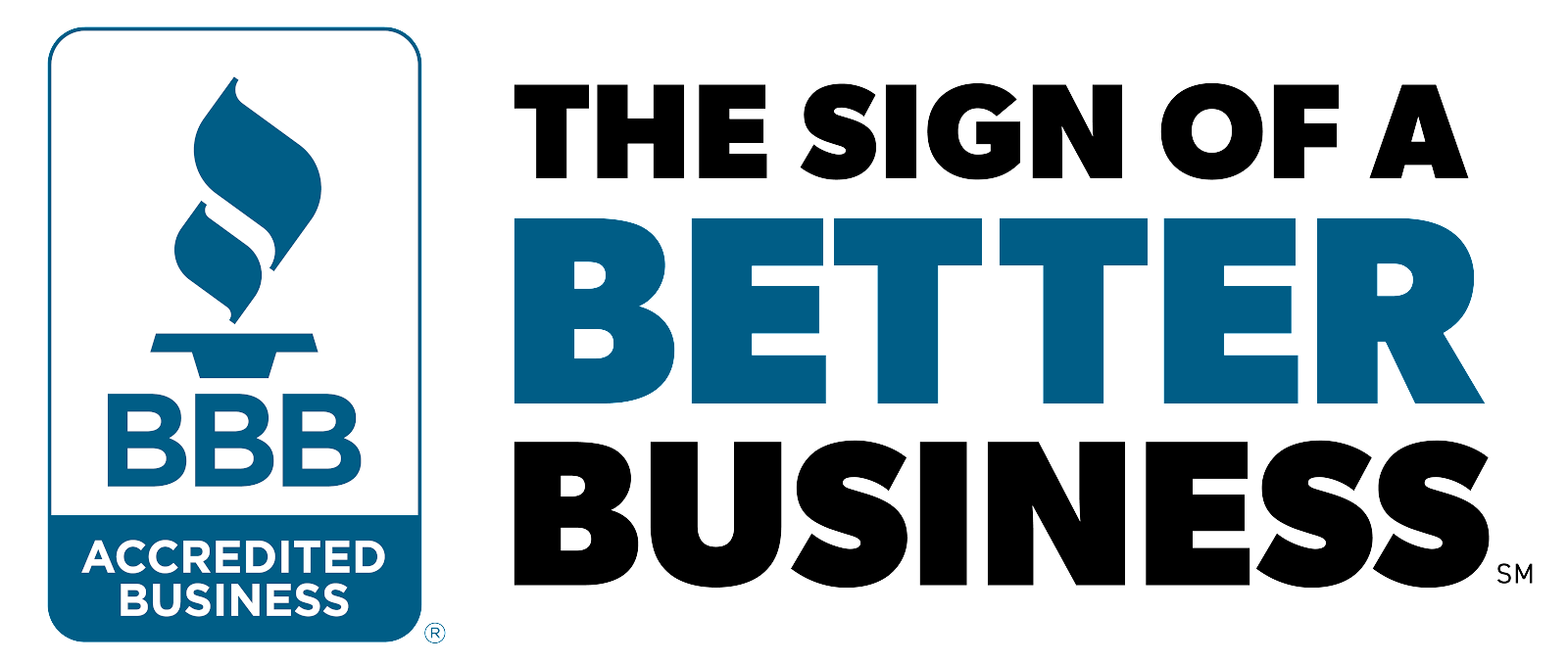The IRS has entered the AI age - and if you're a high-income earner or business owner, it's time to pay attention.

In an effort to close the tax gap and increase efficiency, the IRS is now using artificial intelligence to identify potential audit targets, especially those earning over $400,000 per year. And it's not just talk - the agency recently announced it's hiring 3,700 new agents and investing billions in data analytics tools.
So what does this mean for you? And how can you protect yourself and your business?
1. AI Means Faster, Smarter IRS Scrutiny
AI doesn’t sleep. It doesn’t get overwhelmed. And it doesn’t miss patterns.
By analyzing massive volumes of data, the IRS can now flag inconsistencies, hidden income streams, and complex returns in ways that would have taken human agents months to unravel. That’s great for enforcement, but risky for anyone who isn’t fully buttoned up.
Translation: If your finances aren’t airtight, AI may find the cracks - and fast.
2. Who’s Being Targeted?

The IRS says its AI models are currently focused on:
- High-net-worth individuals with complex financial portfolios
- Business owners with S-Corps, partnerships, or pass-through income
- Individuals with large cryptocurrency transactions
- International income or offshore accounts
If any of these apply to you, your return may already be in the algorithm’s spotlight.
3. What Can You Do Now?

Here’s how to stay ahead:
- Get proactive, not reactive. Waiting until you’re under audit is too late.
- Ensure your bookkeeping is meticulous. AI will flag mismatches.
- Work with professionals who understand the IRS playbook.
At Tax Resolution Accounting, we don’t just react - we strategize. We help clients minimize risk, prepare airtight filings, and navigate audits with confidence if they ever arise.
Final Thoughts
AI in auditing isn’t going away. It’s only getting more advanced.
But with the
right partner, you can stay
compliant,
protected, and
at peace.
The best time to get ahead of an audit is now.
Want to know where you stand before the IRS does?




